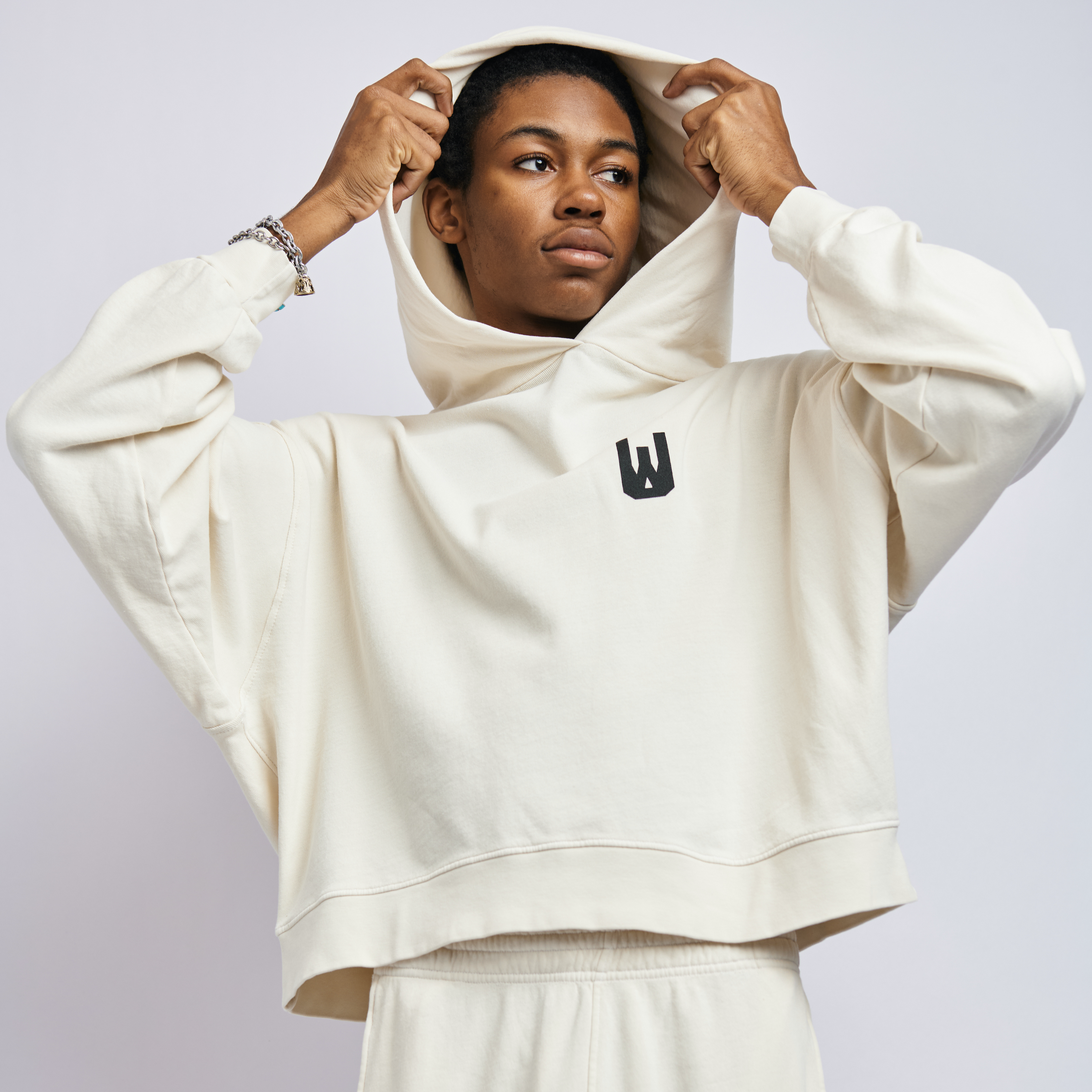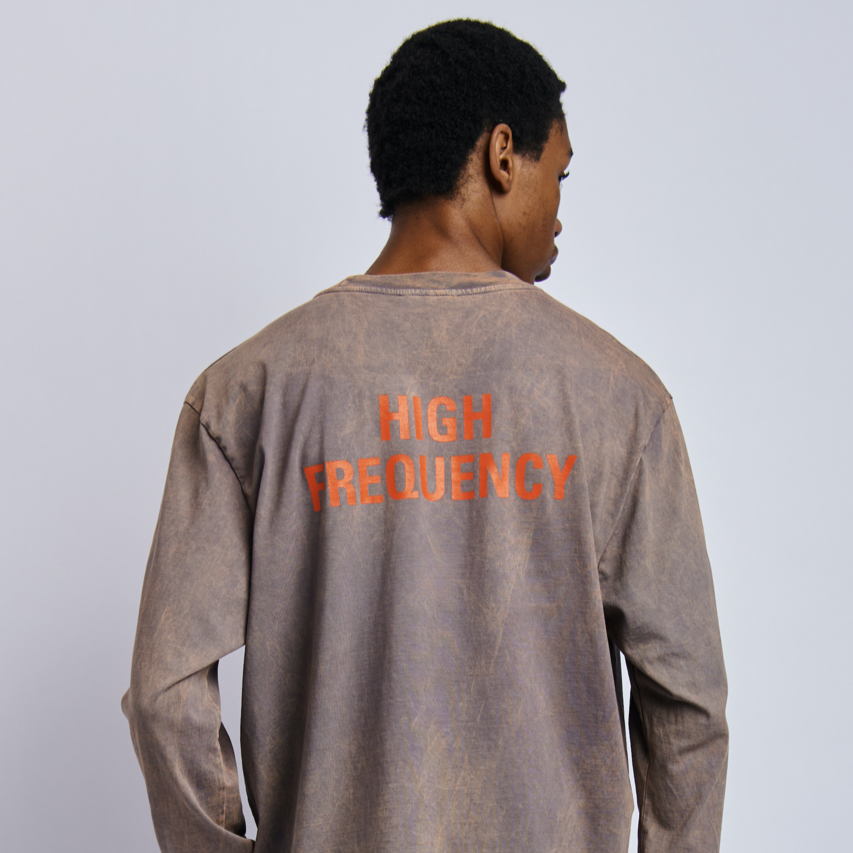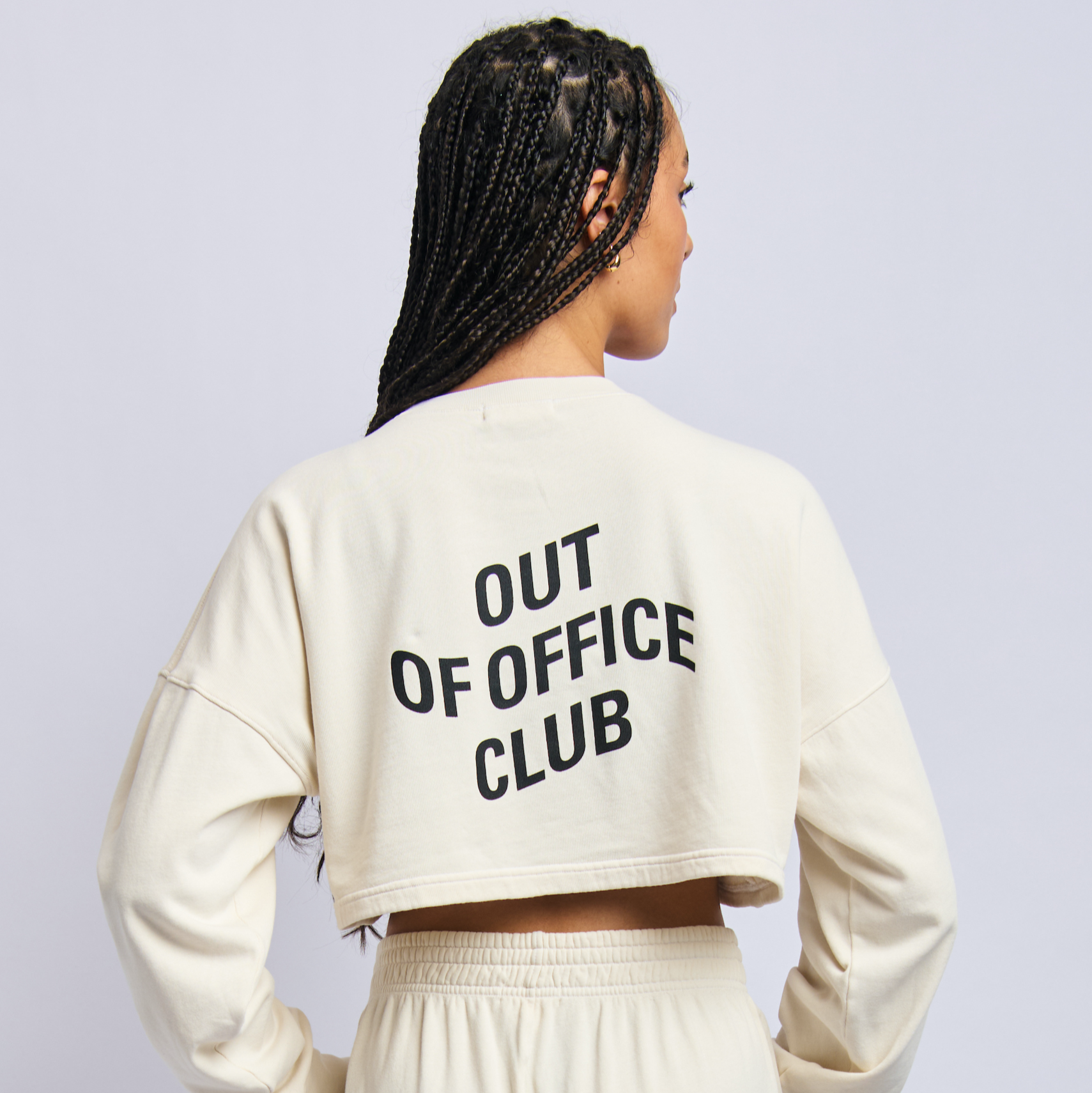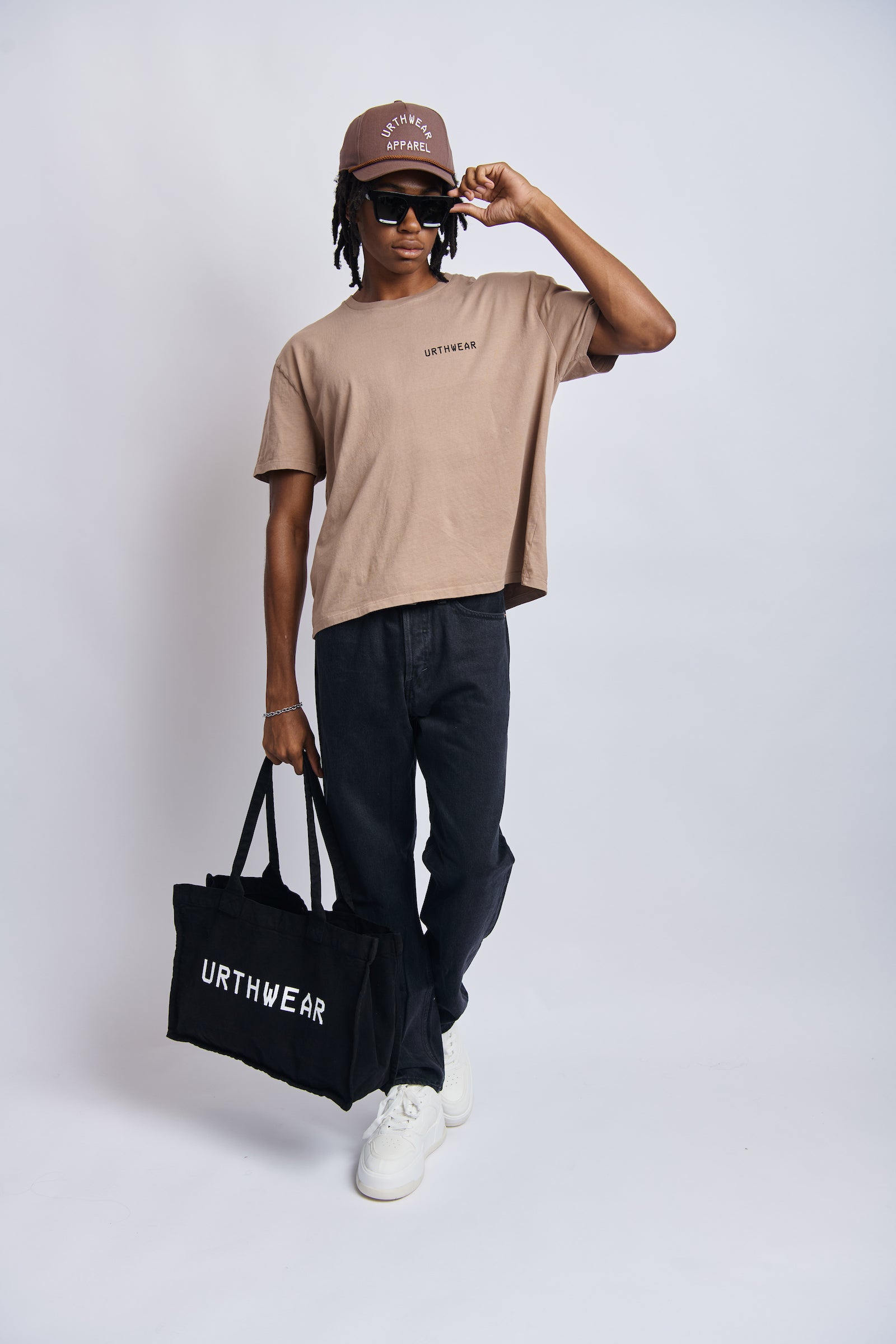Written by Anna Gasparyan
We’re often caught up in chasing the latest trends and finding the next great piece. When trying to expand our style, it is easy to look to fast fashion because of the low cost and easily accessible clothing it provides. However, fast fashion values quantity over quality, creating clothing from synthetic fibers such as polyester and nylon. While some fast fashion brands produce and sell clothing at low prices, there’s been a rise in brands using cheap synthetic materials while charging premium, “sustainable” prices.
In a world that is dominated by fast fashion, it is easy to overlook the environmental impact it has. Most clothing made from synthetic materials is designed to be disposable; worn only a few times before being discarded. Once tossed aside, new fast fashion pieces are quickly purchased, fueling a cycle of constant consumption. When we consider the long-term cost of indulging in fast fashion, it quickly adds up. Continuously replacing low-quality items becomes expensive over time. Wouldn’t it make more sense to invest in high-quality fabrics that last for years, rather than settling for pieces that barely survive a season?

When looking into sustainability, we come across fabrics made from natural resources like organic cotton. Cotton is naturally soft, breathable, hypoallergenic, durable, and best of all, it comes straight from Mother Earth. Aside from the benefits organic cotton has on the wearer, it also has many benefits to the environment. It’s biodegradable, which helps recycle clothes and reduce fashion waste. Organic cotton also requires fewer pesticides during farming, making it better for both farmers' health and consumers by reducing the chemical exposure.

But let’s address the cost factor. Many consumers hesitate to buy sustainable clothing because of the higher price point. While some fast fashion brands offer low prices, there has been a growing trend of brands using cheap synthetic materials while charging premium, “sustainable” prices.
It’s true that eco-friendly options often come with a higher price tag, but they also offer better quality, durability, and a reduced environmental footprint. In the long run, it’s an investment worth making. And with synthetic fiber clothing now priced similarly to sustainable options, why not choose the ethical alternative — one that’s made to last for years?







Comments
Wow! I never thought about the negative effects of fast fashion. This was very enlightening and I will be looking to make the switch to sustainable clothing!